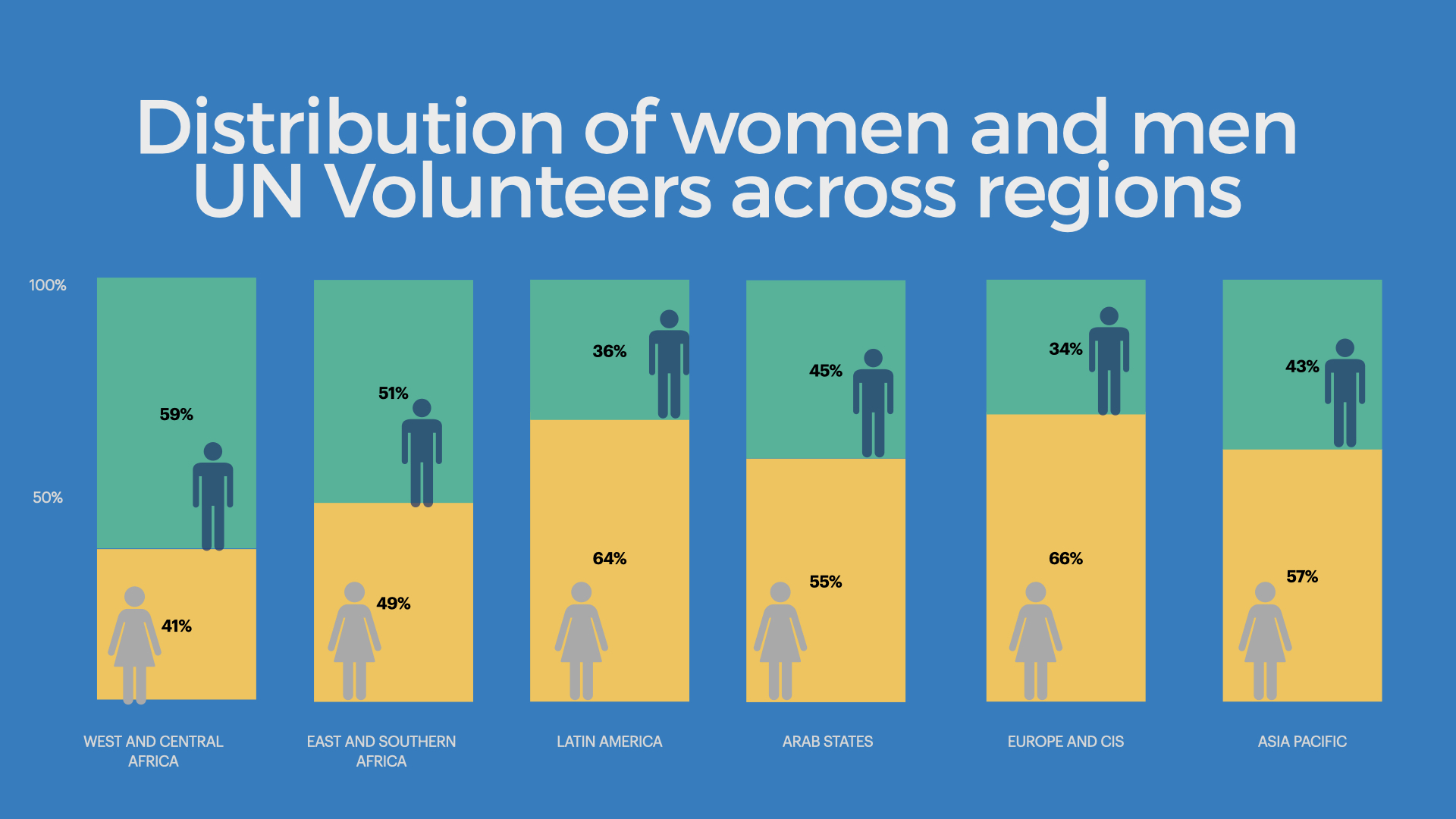Whether we speak of the COVID-19 pandemic, frozen conflicts, or any other type of crisis, we need competent human capacity. Effective deployment of such expertise to shoulder our efforts and services, as well as our country offices, exists in the UN system – in the form of the UN Volunteers (UNV) programme.
We shall, as one UN organization, keep promoting the principle of volunteerism and integrating it into our thinking and daily aspirations. Whether we are UN Volunteers or UN staff of any agency, we are practicing and promoting volunteerism in what we do and what we work for.
Whether it is about new ideas, initiatives, contributions, coaching others, spending additional working hours or operating in hardship conditions – you name it – we volunteer without noticing, because it is part of our value system.

